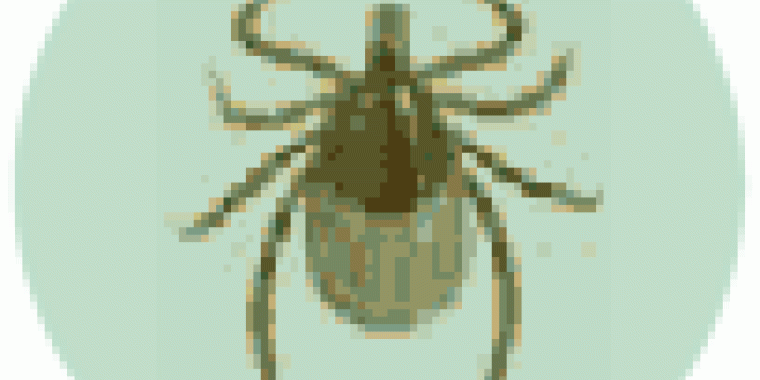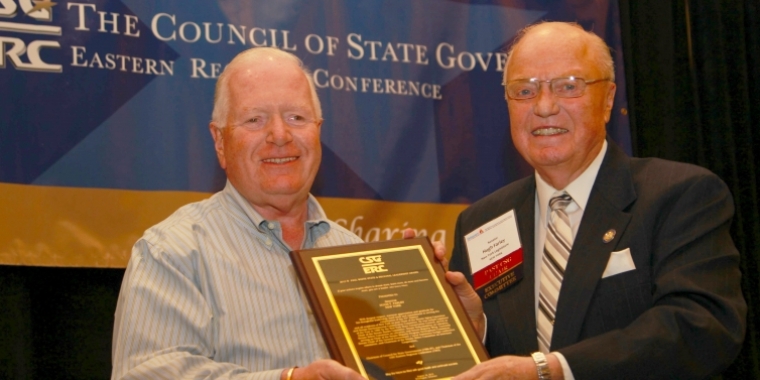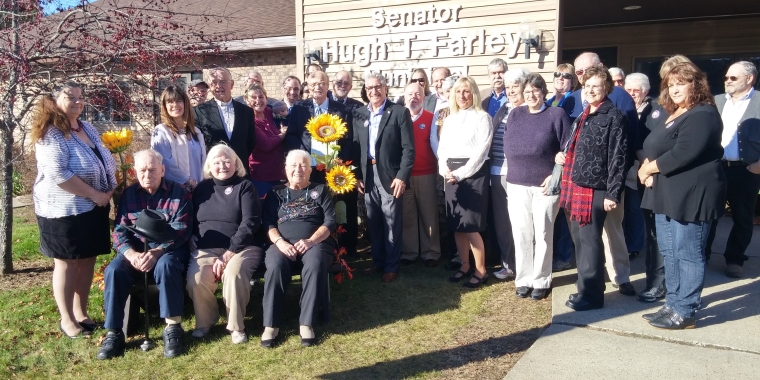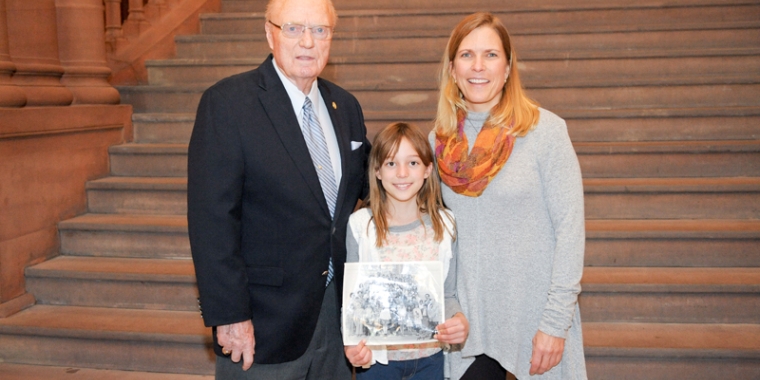
Senator Farley Reminds Constituents To Protect Against Lyme Disease

As the nice weather continues in this area, people are spending more time outdoors and State Senator Hugh T. Farley (R,C - Schenectady) reminds constituents to be on guard for Lyme Disease.
"According to the State Department of Health, they have received over 45,000 reports of Lyme Disease since 1986," Senator Farley said. "In 2002 alone, there were 5,535 cases. People are at a higher risk of suffering from a tick bite and being exposed to possible Lyme Disease from May through September, a time when most people are enjoying the outdoors."
Lyme Disease is an infection caused by a corkscrew shaped bacteria called a spirochete. Ticks carry the Lyme Disease spirochete, and infection occurs after a tick bite. The species of tick responsible for transmitting this disease in New York is the deer tick. These ticks are born uninfected, but acquire the infection after feeding on an infected animal, usually a mouse or other small mammal.
"Most Lyme Disease cases in New York State occur on Long Island, in the Hudson Valley region and in the Capital District," Senator Farley said. "However, they have been reported throughout New York State. The range of the tick, and thus Lyme Disease, appears to be growing as more houses are built in the woodlands, and as the ticks are carried inland by birds and other animals."
The State Department of Health and several other health agencies are currently researching Lyme Disease and other tick-borne disease. The State Senate helps fund these efforts and passed legislation establishing the Tick-Borne Disease Institute within the State Department of Health, Senator Farley reported.
Senator Farley said to help protect against ticks from biting, hikers should stay on the center of trails and to not brush against vegetation, if possible. Wear long pants and long-sleeved shirts, and tuck the legs into socks or boots to help keep ticks from reaching the skin, the Senator added.
Senator Farley has a brochure that highlights Lyme Disease prevention and detection. To obtain a free copy, call his office at 455-2181 (Albany), 843-2188 (Amsterdam), 762-3733 (Johnstown) or toll-free at (800)224-5201.



